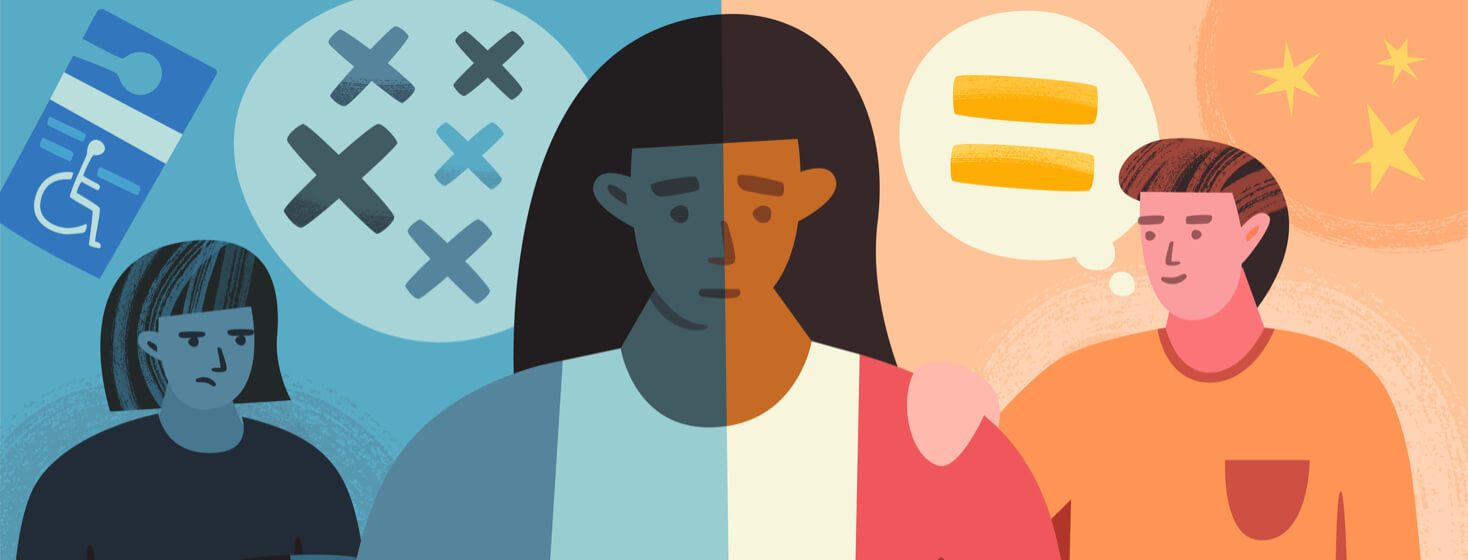PsA Woes: Conflicting Emotions & Contradictions
Everyone has a need to be understood. For those of us with psoriatic arthritis, we have a need to have others understand what it's like to live every single day with a chronic illness.
But, at the same time, we all know that true understanding comes from actually having psoriatic arthritis. Obviously we don’t want more people to have to live with PsA just so we can feel like our lives are understood.
Life with psoriatic arthritis means many things, but in addition to all my joint pain and fatigue, it means living with constantly conflicting emotions and daily contradictions.
I understand their confusion
I don’t want friends and family to treat me differently--and yet, in reality, I am different. I want them to include me in events and outings, yet at the same time I don’t want them to be upset if I have to cancel.
They are expected to make allowances for my illness but still treat me like my “old” self. It really is a fine line we all find ourselves walking. When I think about it, I suppose I can understand how sometimes they don’t know what to say or how to act around me.
These conflicting emotions, compounded by a lack of communication, are responsible for many lost friendships. It is difficult to be open about what living with psoriatic arthritis is like because we fear that we would be judged or that there is no way our friends could understand.
Sure, you may say that if they are “true” friends then they would try to understand. They would continue to put themselves out there, remember to invite me to do things (even if I cancel).
Conflicting emotions and daily contradictions with PsA
But really, how much can we ask others to change their lives because we have a chronic illness? It makes sense that they may just say that it’s not worth the effort. I don’t think it is fair to fault them for that.
After all, they didn’t choose to have a friend with PsA any more than we chose to have PsA ourselves. At least they can do something about it. We shouldn’t fault them for that. Not everyone is called to provide the level of support and understanding needed for people with psoriatic arthritis. How much disappointment from missed commitments are they expected to “understand”?
I want people to “see” my invisible illness and not make judgments about where I should park or what mobility aids I should or should not be using.
And yet, at the same time, I don’t want to be treated any differently than anyone else. Let me park where I need to park, make allowances for me to continue to work, but don’t discriminate against me if I want (or need) to work. Yet, see me as “competent” and “equal.”
A little understanding can go a long way
I want to be clear, I certainly don’t “condone” discrimination in any way. I’m merely attempting to explain that even though some things are crystal clear to those of us who live with PsA.
If we flip things around and look at them from the perspective of others, they might not necessarily be so clear. To some, they might appear pretty contradictory and very difficult to understand. Which makes it all the more important to start conversations, to open the path to communication.
We are responsible for explaining to the world what it is like to live with the conflicting emotions and contradictions of life with psoriatic arthritis. Perhaps we even need to be a little more understanding of those who struggle to find the right words or offer their support to us.
Have a loved one who may need help providing support? Check out Providing Emotional Support: A Beginner’s Guide.

Join the conversation